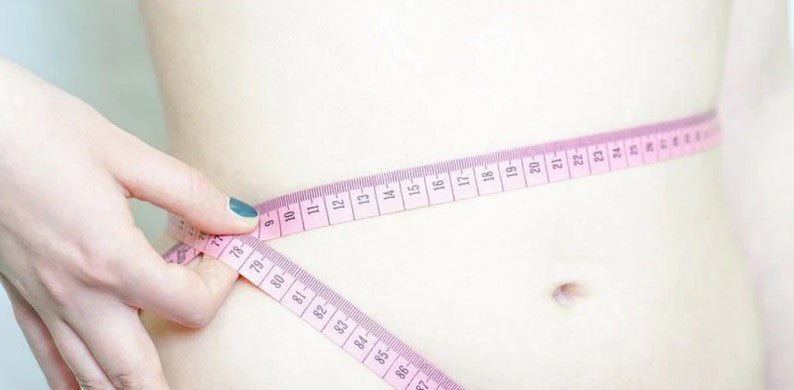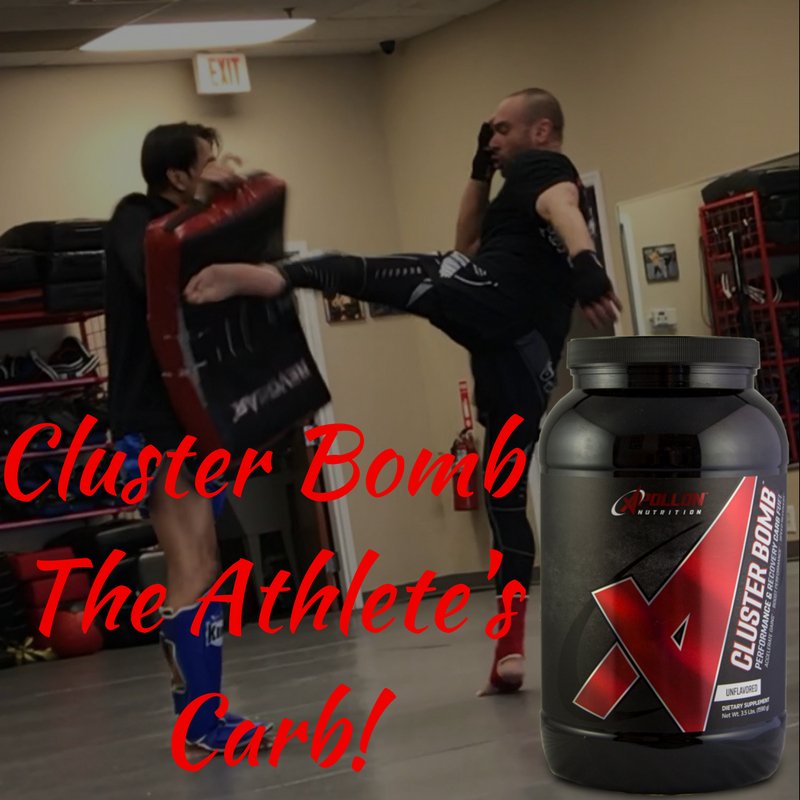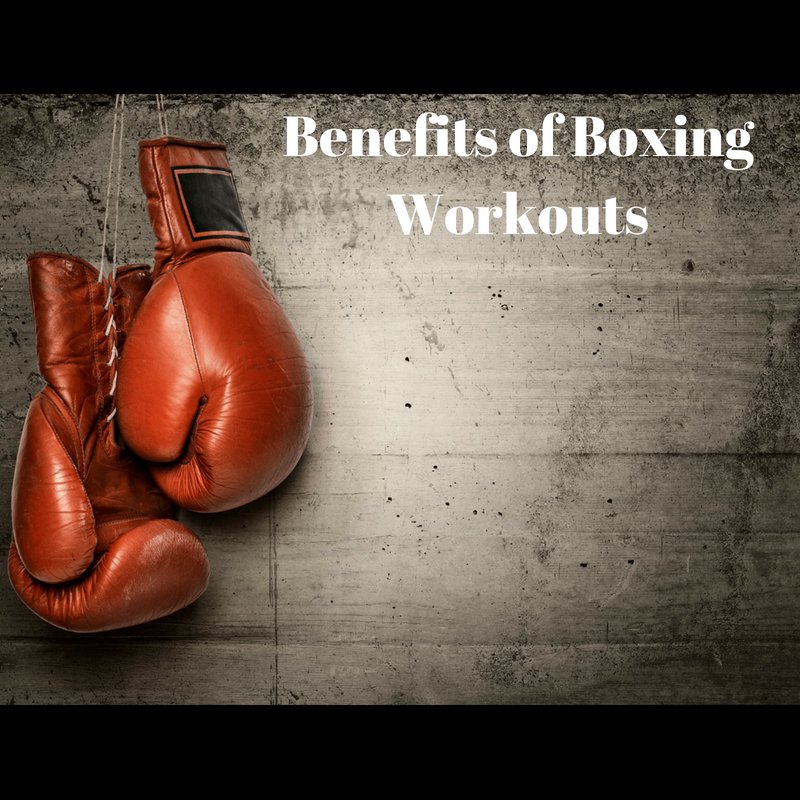Summer is here, and for many of us, that means it’s time to shed the pounds gained during the winter holiday bulking period and start getting slimmer, tighter, and a bit sexier for beach season, and all the fun in the sun that accompanies it. In your attempt to get beach ready, you’ll inevitably start cutting calories, changing exercise routines, and maybe even toy around with the latest fad diet sweeping the landscape, but before you make any drastic changes, take a second to check out these 5 important fat loss myths, and make sure you’re not being duped into following any of them.
Does Eating Fat Lead to Weight Gain?
For decades, you’ve been told by trainers, coaches, doctors, and nutritionists that fat is the enemy. Under this ruse, you were told the key to a lean body and healthy lifestyle was adopting a low-fat, high carb diet. Ditch the butter, oil, bacon, and lard, and you’ll ward off obesity, cardiovascular disease, and a host of other diseases. As a result, people flocked to anything and everything marketed as “fat free” or “low fat”, with the belief that it would be their ticket to health, happiness, and longevity. Little did they realize that all they were doing was swapping healthy fats like butter and olive oil for a bunch of cheap, highly refined, insulin-spiking carbohydrates. Over consumption of these cheap carbs has led to a host of problems today including the ongoing obesity and type 2 diabetes epidemics. You see, fat isn’t the enemy, quite the opposite in fact. Fat is essential to your health, as it’s required by the body for optimal hormone production, and also for the absorption of the fat-soluble vitamins (A, D, E, & K). Furthermore, fats can actually help you lose weight due to the fact that they have a higher satiety effect than carbohydrates and they also increase digestion time, which keeps you feeling fuller for longer periods of time, ultimately helping you consume less calories throughout the day.
Is Cardio the Best for Burning Calories?
Creatine for Fat Loss
Although creatine is commonly associated with building muscle, it can also indirectly support fat loss. By improving strength and performance during resistance training, creatine helps maintain lean muscle mass while dieting. Retaining muscle is essential for boosting metabolism and achieving a toned physique. Incorporating creatine into a balanced workout routine can enhance your fat loss journey.
Perhaps the biggest fitness myth related to losing weight is that cardio is the best way to get rid of unwanted body fat. Nothing could be further from the truth. While it’s true that steady-state cardio burns more fat while you exercise, the calorie burn essentially ends when you stop jogging, walking, biking, etc. Furthermore, cardio doesn’t do anything to help you build lean muscle mass, the real metabolism booster and fat burner. Resistance-training helps preserve and build muscle while dieting, and it also boosts your metabolism for hours afterwards, something steady-state cardio can’t. If you do want to do some type of conditioning work, make sure it’s high-intensity interval training (HIIT), which supports lean muscle mass and revs your metabolism for up to 48 afterwards. Plus, it also takes far less time than trodding along on a treadmill for an hour.
Do You Really Need to Eat Breakfast?
B12 Shots for Weight Loss
Vitamin B12 is often promoted for its potential to boost energy and metabolism, which can indirectly aid fat loss. While B12 shots may benefit individuals with a deficiency, they are not a magic solution for weight loss. If you're considering B12 shots, consult with a healthcare professional to assess your specific needs and ensure proper supplementation.
For decades, savvy marketers have promoted the idea that breakfast was the “most important” meal of the day. Ads splashed on tv and printed in magazines gave the idea that eating breakfast “jump starts” your metabolism and gave you an edge in burning more calories during the day. But, as research has pointed out, people who skip breakfast actually lose more weight than individuals who eat breakfast each day.[1] Furthermore, it’s not entirely necessary to eat every 2-3 hours to “keep your metabolism running.” For years, it was believed that consuming multiple small meals throughout the day gave you an extra calorie burn by constantly making your body work to breakdown food, but as research has shown, your body burns the same amount whether you’re eating twice a day or six times a day.[2] At the end of the day, as long as you’re staying within you calorie/macro guidelines, that’s all that matters. What time you eat and how many meals you break you food into is ultimately irrelevant for weight loss.
Best Pre Workout Tips for Burning Calories
Choosing the Best Pre Workout Supplement for Fat Loss
When selecting a pre-workout supplement for fat loss, prioritize products with natural, science-backed ingredients. Effective pre-workouts often contain green tea extract, thermogenic compounds, or adaptogens to support fat metabolism while maintaining performance. Always assess your tolerance and align your supplement choice with your dietary and fitness goals.
To fuel your workouts and maintain energy while dieting, choose a pre-workout supplement designed to enhance fat loss. Look for ingredients like caffeine, L-carnitine, and beta-alanine, which can increase energy expenditure and focus. Avoid crash diets and underfueling, as these undermine your fitness goals and muscle retention. A quality pre-workout can help you stay consistent and effective.
In an effort to lose weight fast, many people will cut a drastic number of calories from their diet, essentially undertaking a starvation diet where they are consuming no more than 1000 calories per day. The thinking is that by doing so, they’ll drop weight fast. This is exactly what you don’t want to do when trying to lose fat. Creating such a dramatic calorie deficit only puts you at risk for losing a lot of lean muscle while dieting, which leaves you with the dreaded “skinny fat” look at the end of your cut. Sure, you’ll be thinner, but it won’t be a good kind of thin. Retaining muscle is key when trying to drop fat, and to ward off any potential muscle loss, it’s essential to use a moderate calorie deficit (~500 calories below maintenance) and maintain a high protein intake (1-1.5g/lb bodyweight).
Are Carbs Really the Enemy of Weight Management?
Finally, we have the most “popular” fat loss myth that has permeated the fitness industry for over a decade and only seems to get more momentum as time goes on. The king of dieting myths is that carbs are the enemy. In other words, you have to completely and utterly avoid carbohydrates at all cost. Ditching carbs has become the trendy thing to do these days, as a lot of misinformation has been spread around carbohydrates, especially by the keto and paleo communities. There’s nothing inherently wrong with carbs, and in fact they contain a plethora of essential vitamins and minerals your body needs. What these low-carb enthusiasts fail to realize is that vegetables and fruits are also “carbs”, and banishing these valuable foods from the diet sets you up for some serious fiber and micronutrient deficiencies. Carbs are NOT the enemy of a lean, sexy physique. The overconsumption of nutrient-void, calorie-laden foods like french fries, potato chips, and cookies is what leads to fat gain. No matter if your calorie excess comes from protein, fat, or carbs, if you continually eat more calories than your body needs, and you’re not working out, you will get fat. There’s no two ways about it. Carbs can and should be included in a fat loss diet. Embracing the “all or nothing” mindset is a surefire way to increase your stress and develop a potential eating disorder.
Best Green Tea Options for Weight Loss
Green tea has long been touted as a helpful beverage for weight loss. Rich in antioxidants, particularly catechins, green tea can support fat burning and enhance metabolic rate. Opt for high-quality green teas with minimal processing, as these retain the most beneficial compounds. Including green tea as part of a balanced diet and active lifestyle can give your fat loss efforts a natural boost.
Lemon Balm Tea Recipe for Weight Loss
Lemon balm tea can be a soothing and beneficial addition to your fat loss journey. To prepare, steep fresh lemon balm leaves or high-quality dried leaves in hot water for 5-10 minutes. Enjoy it before bed to promote relaxation and support digestion. Pairing this tea with a low-calorie, nutrient-dense diet can complement your overall weight management strategy.
Key Takeaways on Fat Loss Myths
Cutting fat doesn’t have to be complicated, provided you’re armed with the proper information and guidance. Use these tips to help get lean and mean in time for summer, and if you need some extra help dropping the fat and eliminating those hunger cravings, grab a bottle of Apollon Nutrition Chaos. Chaos is a high potency thermogenic fat burner that revs your metabolism and ignites your body’s natural calorie burning mechanisms. Each serving of Chaos delivers the energy and mood enhancement you need to make it through the day, no matter how low your calories are, and it also helps reduce cravings, keeping you on track with your diet and ensuring your weight loss venture is successful.
References
- Horikawa C, Kodama S, Yachi Y, et al. Skipping breakfast and prevalence of overweight and obesity in Asian and Pacific regions: A meta-analysis. Prev Med (Baltim). 2011;53(4):260-267. doi:https://doi.org/10.1016/j.ypmed.2011.08.030.
- Bellisle F, McDevitt R, Prentice AM. Meal frequency and energy balance. Br J Nutr. 1997;77 Suppl 1:S57-70.





1 comment
imtgpmbuik
Muchas gracias. ?Como puedo iniciar sesion?
Leave a comment
This site is protected by hCaptcha and the hCaptcha Privacy Policy and Terms of Service apply.